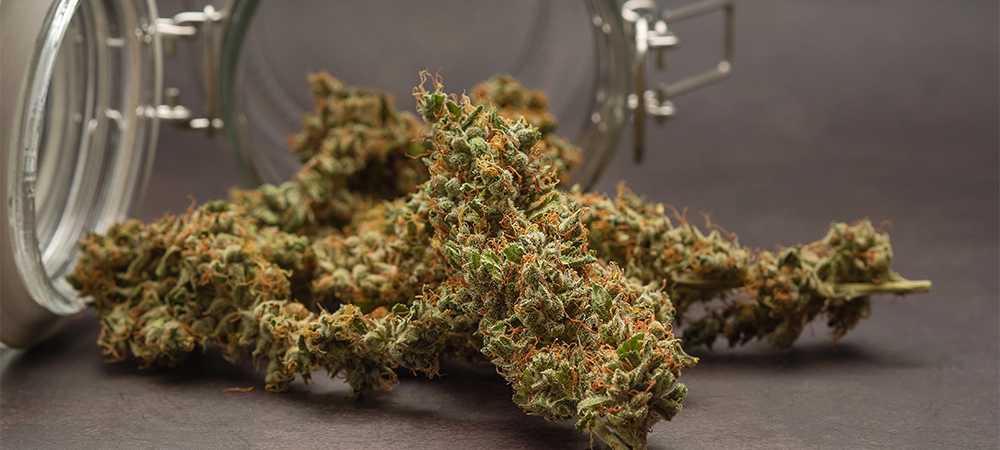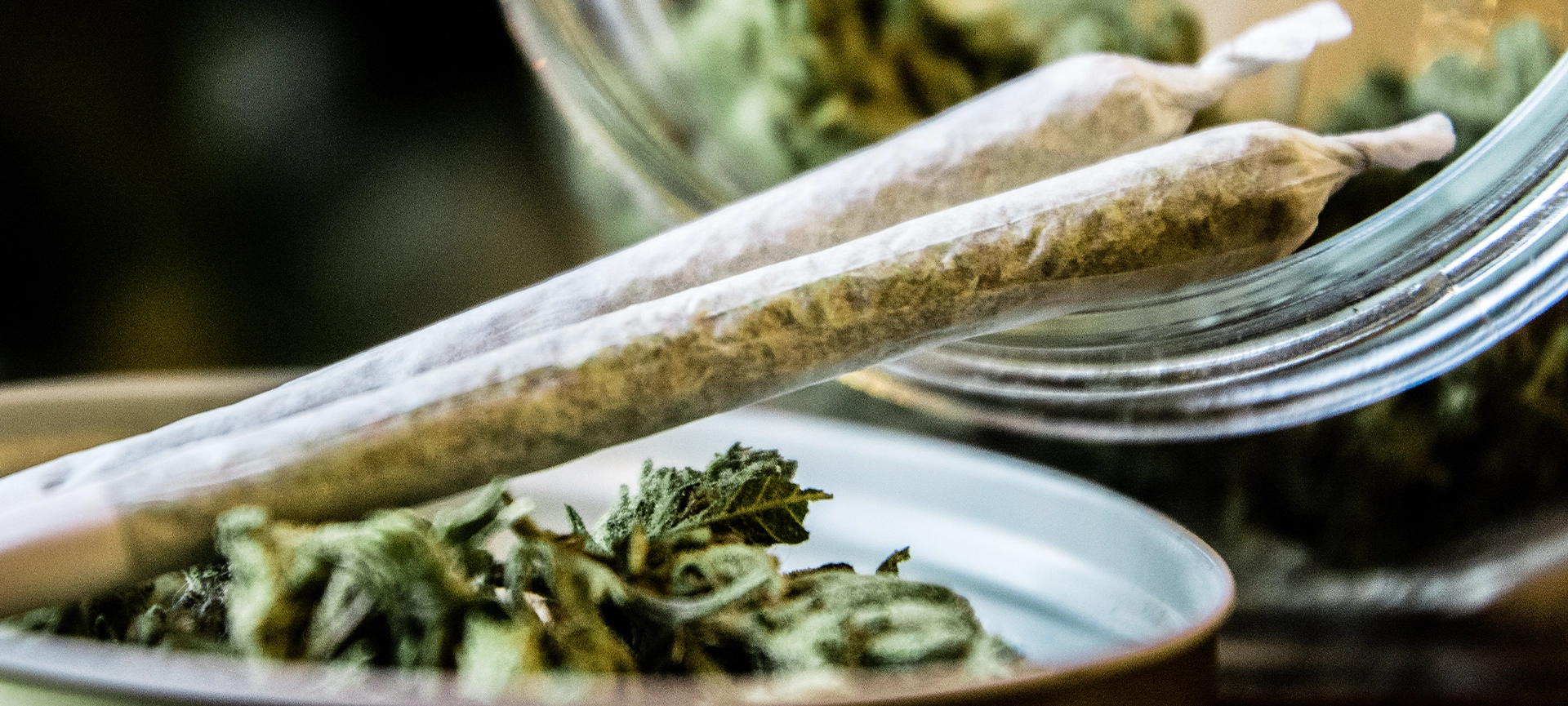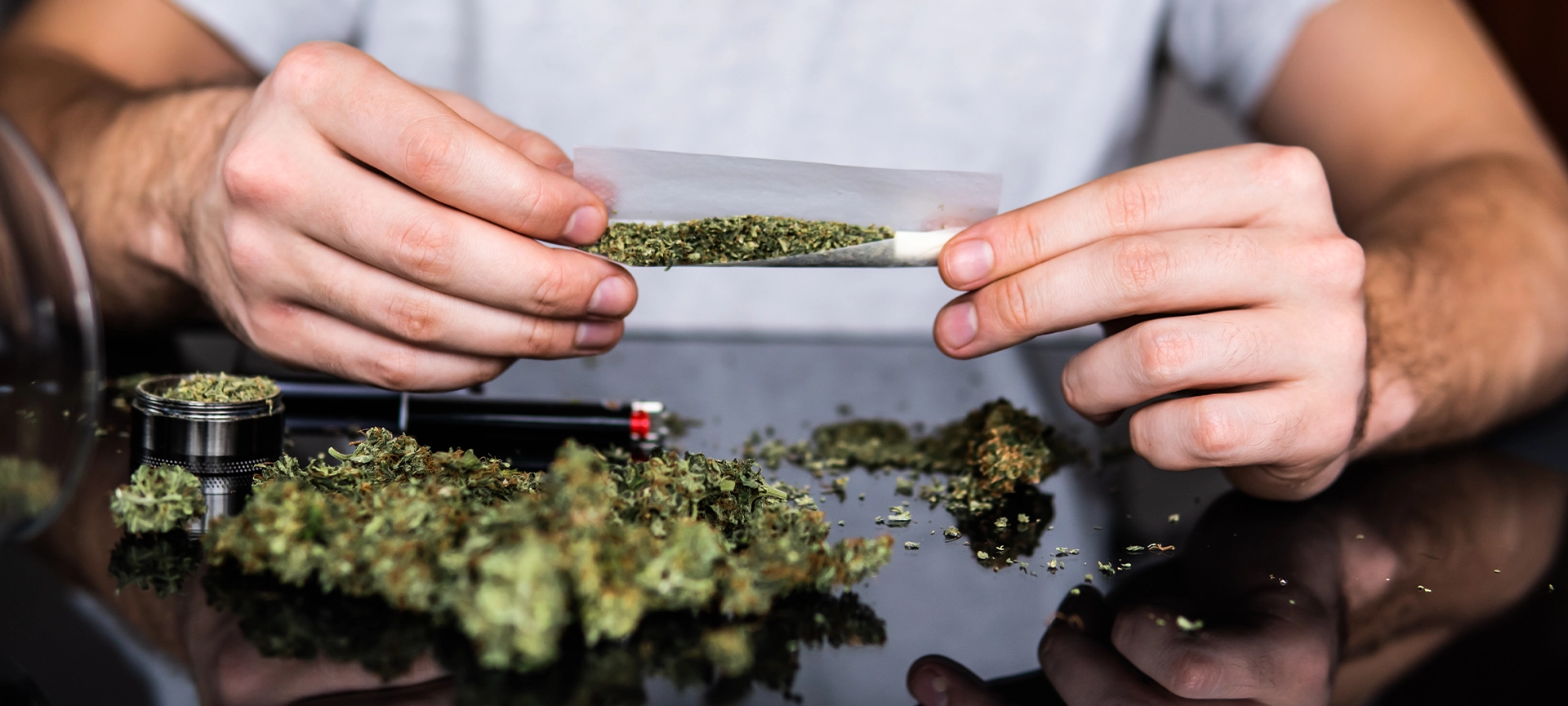Quitting weed isn’t always a walk in the park. For some, it can mean dealing with withdrawal – the body’s reaction to the sudden absence of THC, the stuff that gets you high. Not everyone goes through it, and how intense it gets varies from person to person. But it’s real, and we’re here to talk about it.
If you’re thinking about quitting weed or are already in the thick of it and wondering what’s going on, this blog post is for you. We’ll break down what weed withdrawal is, what to expect, and how to get through it.
Consider this your go-to guide for understanding and managing the journey ahead.
Why Does Weed Withdrawal Happen
Think of THC (tetrahydrocannabinol), the main active ingredient in weed, as a guest who overstays their welcome in your brain and body. Over time, your system gets used to having it around, adjusting its processes to accommodate THC’s effects. But when you suddenly kick THC out the door, your body’s left scrambling to re-adjust.
This abrupt change is what triggers withdrawal symptoms. It’s like your body’s throwing a bit of a tantrum because it’s used to operating a certain way, and now it has to figure out how to function without its regular dose of THC. This can lead to a range of symptoms, from mood swings to trouble sleeping, as your body tries to regain balance.

Common Symptoms of Weed Withdrawal
Weed withdrawal doesn’t just mess with your body – it messes with your mind, too. Here’s a breakdown of some common symptoms you might experience:
Mental/Emotional
- Irritability: Feeling on edge or easily annoyed.
- Anxiety: A sense of worry, unease, or nervousness.
- Mood swings: Sudden shifts in mood, from happy to sad or angry to calm.
- Trouble sleeping: Difficulty falling asleep, staying asleep, or experiencing weird dreams.
- Restlessness: Feeling fidgety or unable to relax.
- Depression: Feeling down, sad, or hopeless.
Physical
- Headaches: Pounding, throbbing, or a dull ache in your head.
- Appetite changes: You might lose your appetite or suddenly crave everything in sight.
- Stomach aches: Cramps, nausea, or general discomfort in your belly.
- Sweating: Even when you’re not hot or exercising.
- Chills: Feeling cold even when it’s warm.
- Fatigue: Feeling tired and run down, even after getting enough sleep.
It’s important to remember that not everyone experiences all these symptoms, and the severity can vary greatly.
Timeline of Weed Withdrawal
Everyone’s different, so there’s no one-size-fits-all timeline for weed withdrawal. How long you’ve been using weed, how often, and how much all play a role. But here’s a general idea of what you might expect:
- The first few days: Symptoms usually kick in within the first 24 to 72 hours after you stop using weed.
- The peak: The first week is often the roughest, with symptoms hitting their peak around this time.
- Gradual improvement: Most annoying stuff starts to fade after the first week, but some symptoms might linger for a few weeks or even longer.
Don’t be discouraged if you still feel some effects after a few weeks. It’s a process, and everyone moves through it at their own pace.
Coping with Weed Withdrawal
We won’t sugarcoat it: weed withdrawal can be uncomfortable. But it’s manageable, and it won’t last forever. Here are some tips to help you ride it out:
- Hydrate, hydrate, hydrate: Guzzle water like it’s your job. It’ll help flush out your system and ease some physical symptoms.
- Sleep is your friend: Establish a regular sleep schedule even if you’re having trouble sleeping. A relaxing bedtime routine can work wonders.
- Chill out: Stress can make everything worse. Try relaxation techniques like deep breathing, meditation, or yoga to keep those anxious vibes in check.
- Talk it out: Don’t go it alone. Lean on your friends and family, or join a support group where you can connect with others who get it.
- Fuel your body: Eating healthy, nutritious meals and regular exercise can do a world of good for both your body and mind.
If your symptoms are intense or they just won’t quit, don’t hesitate to seek professional help. The team at Addiction Rehab Toronto is composed of pros to help people through withdrawal and setting them on the path to recovery.
Related Article: Understanding and Overcoming Sleep Disturbances During Weed Withdrawal

Addiction Rehab Toronto: Your Partner in Recovery
At Addiction Rehab Toronto, we understand that quitting weed is a big deal. Our professionals are here to help you through every step of the journey.
We offer a range of services, including medically supervised detox to help manage withdrawal symptoms, individual and group therapy to address the root causes of marijuana addiction, and ongoing support to maintain long-term recovery.
Our personalized treatment plans are tailored to your needs and goals, ensuring you get the best possible care.
Remember, weed withdrawal may be difficult, but it’s a temporary hurdle on the road to recovery. With the right support and guidance, you can come out on the other side stronger and healthier than ever.
Don’t hesitate to reach out – your journey to a fulfilling life free from weed starts today.
Ready to Take the Next Step?
If you or someone you love is battling weed addiction, we’re here for you. Visit our website or call us at 1-855-787-2424 to schedule a confidential consultation and learn more about how our withdrawal management program can support your recovery.







